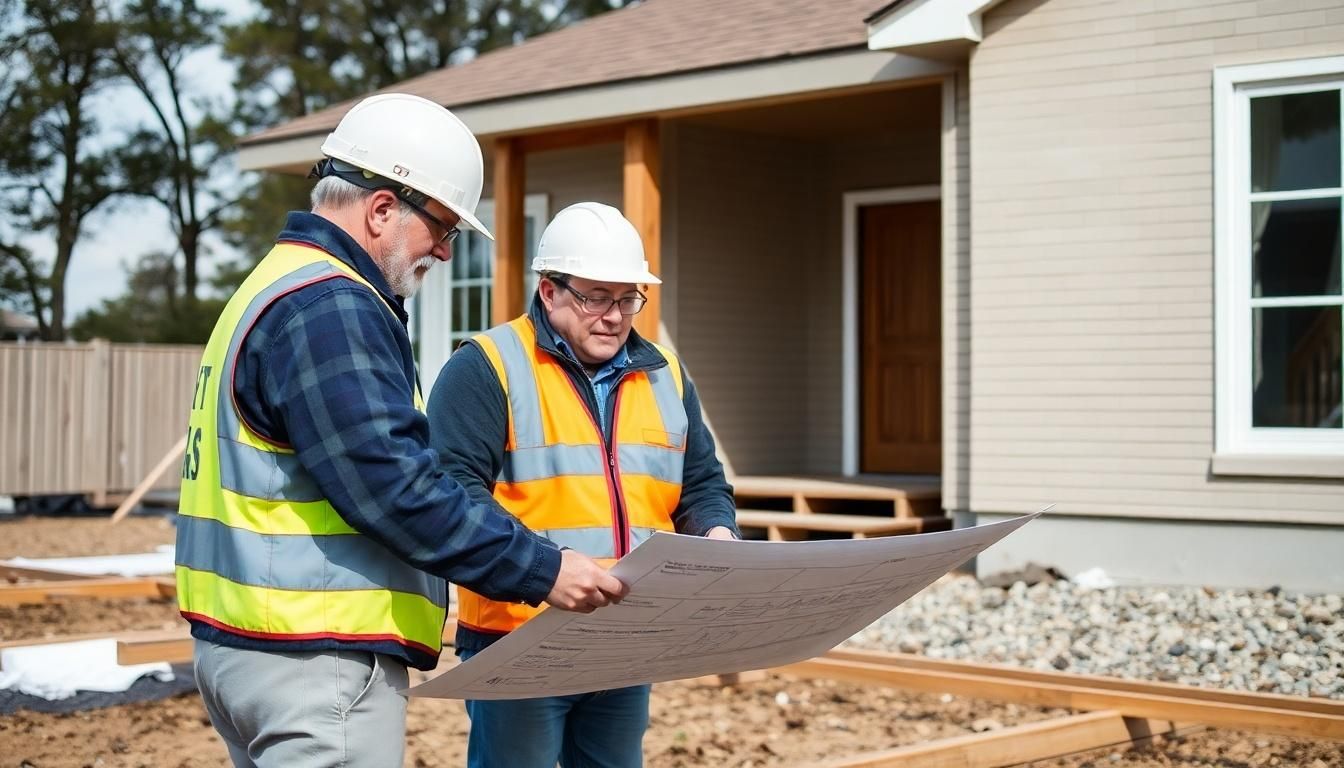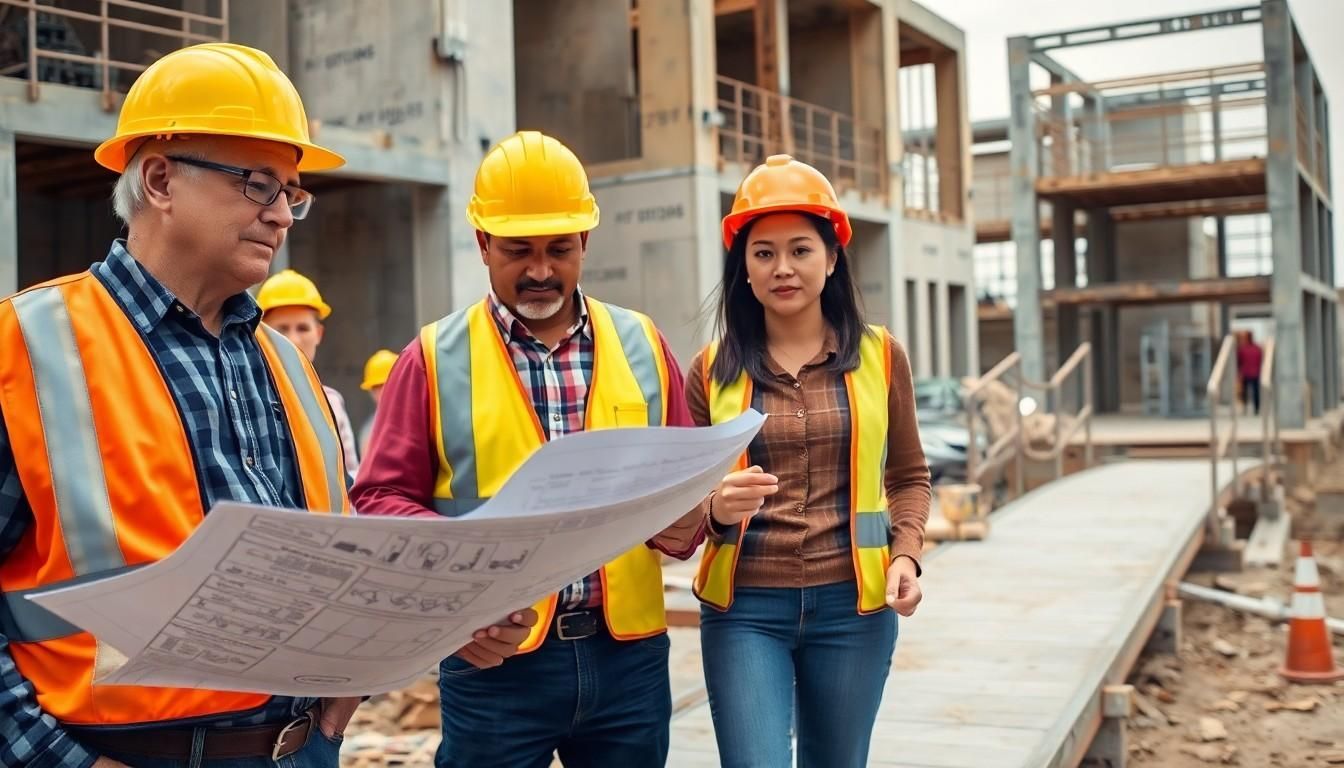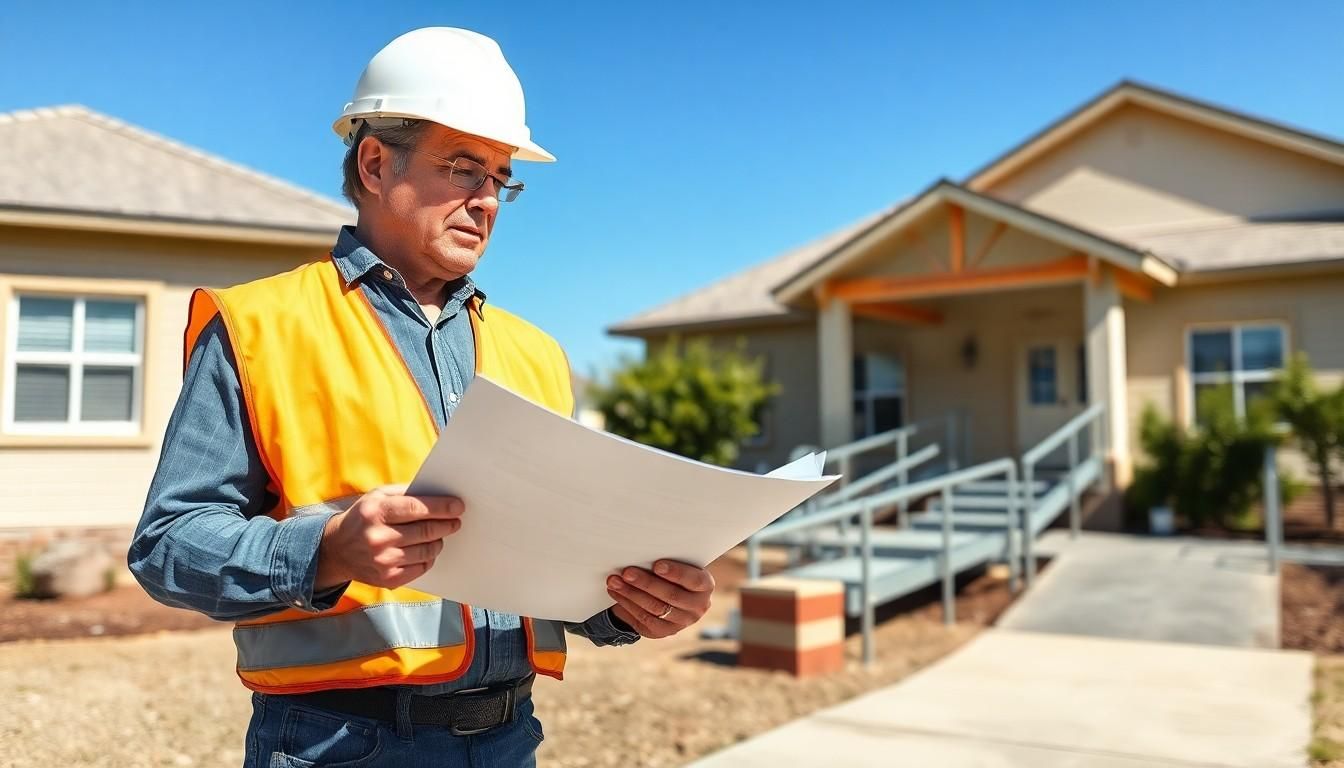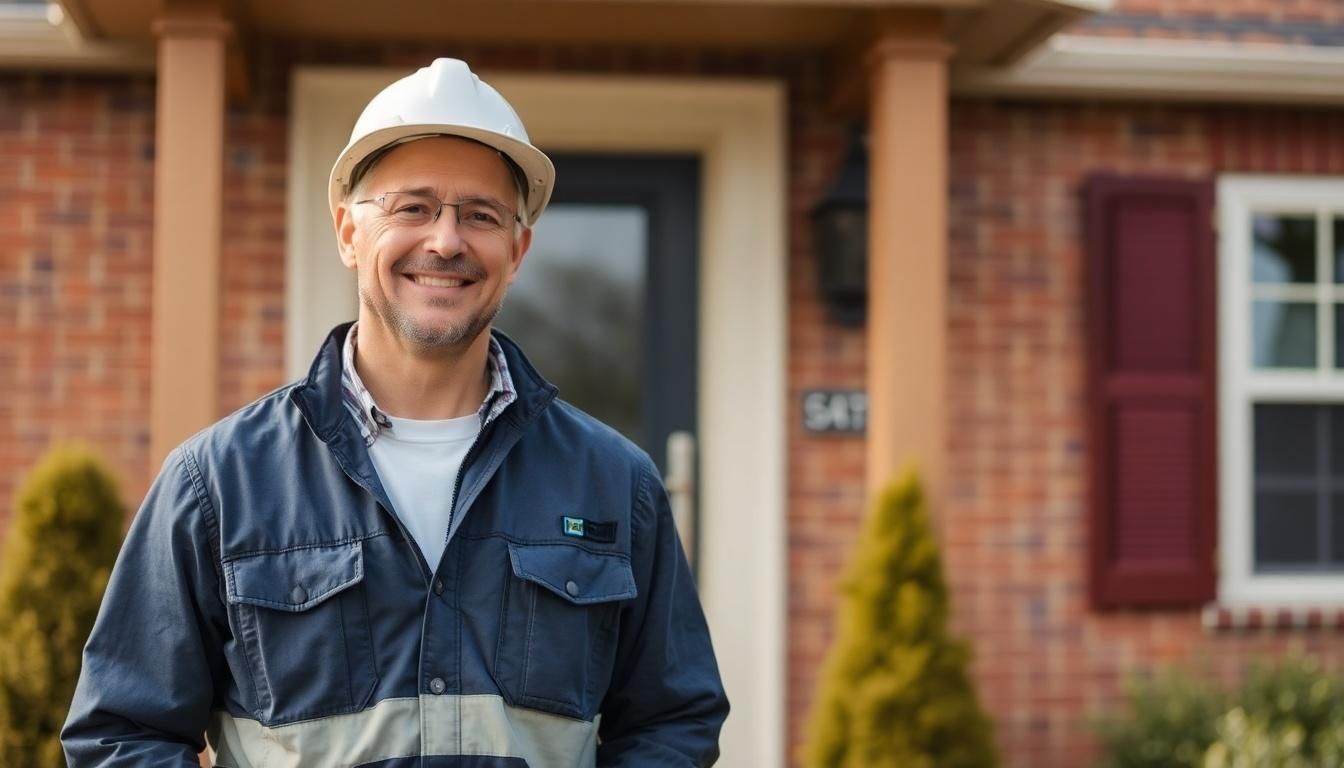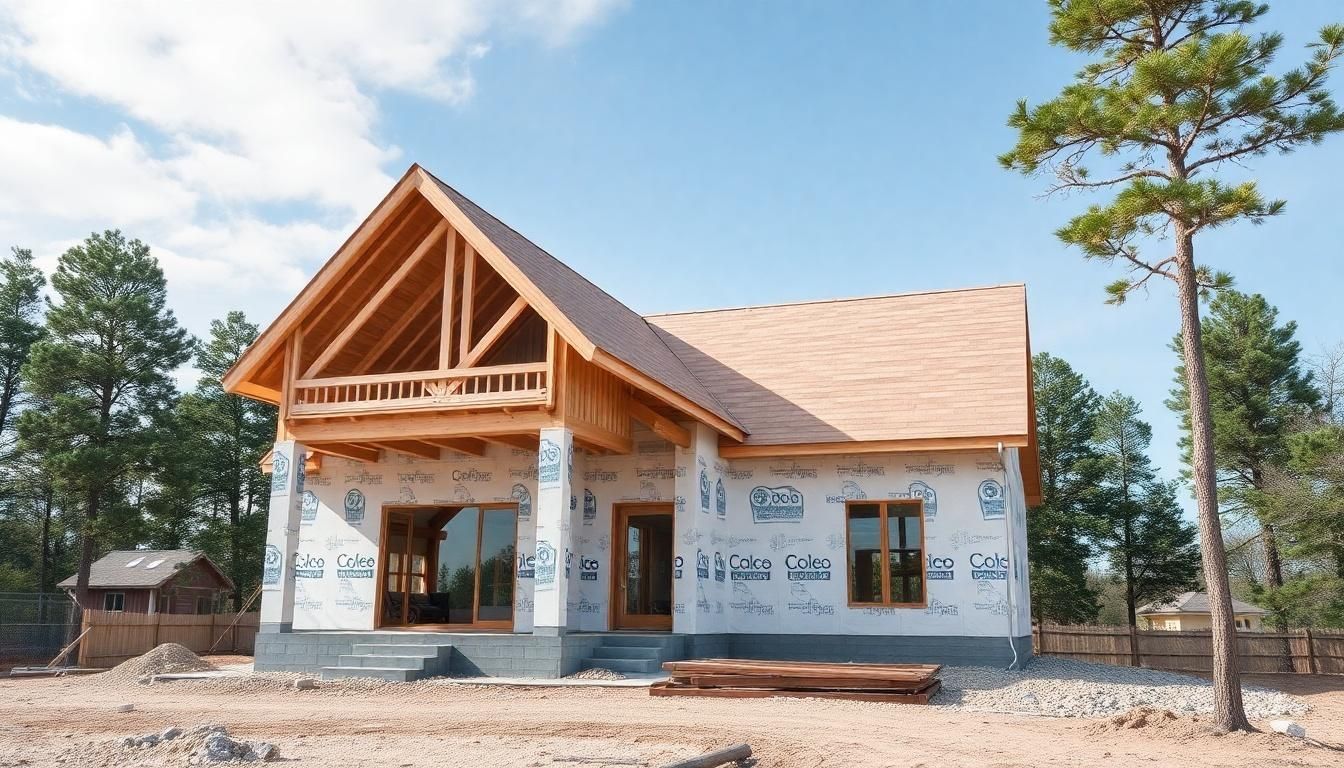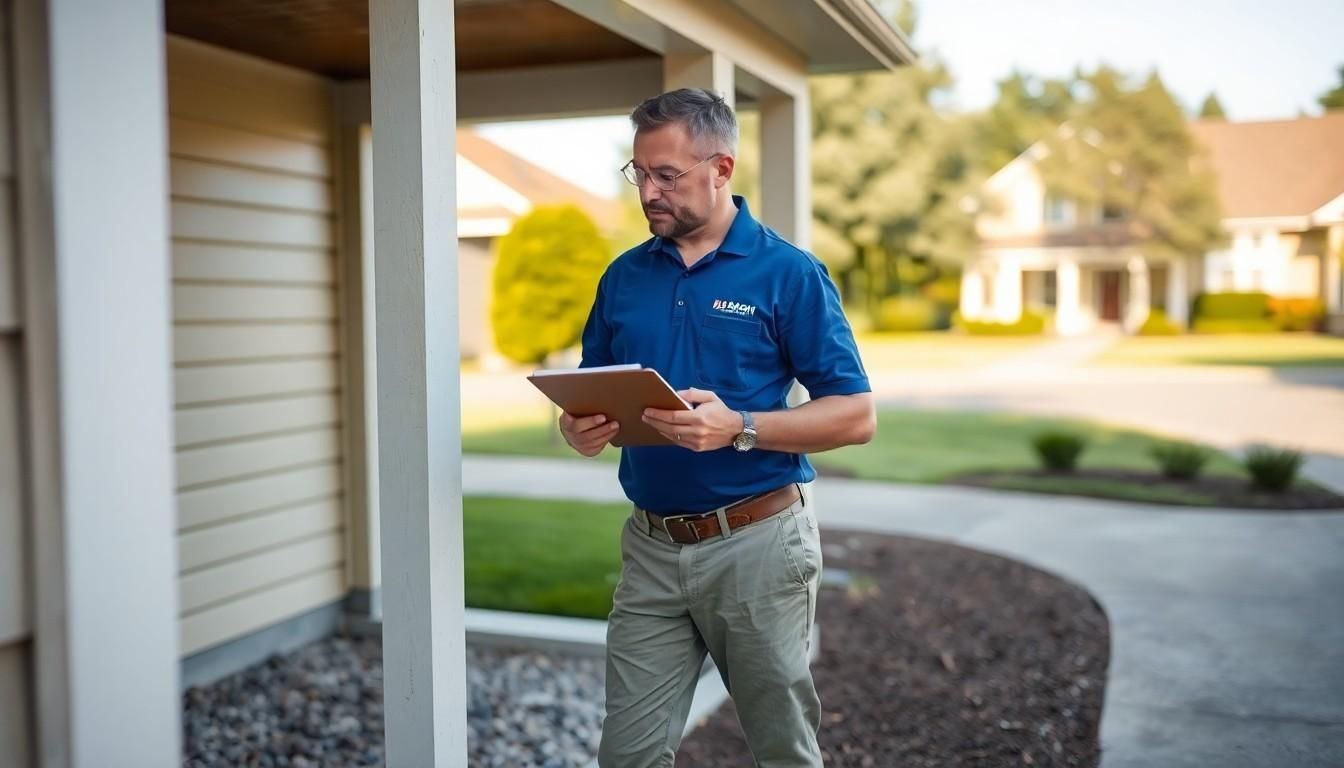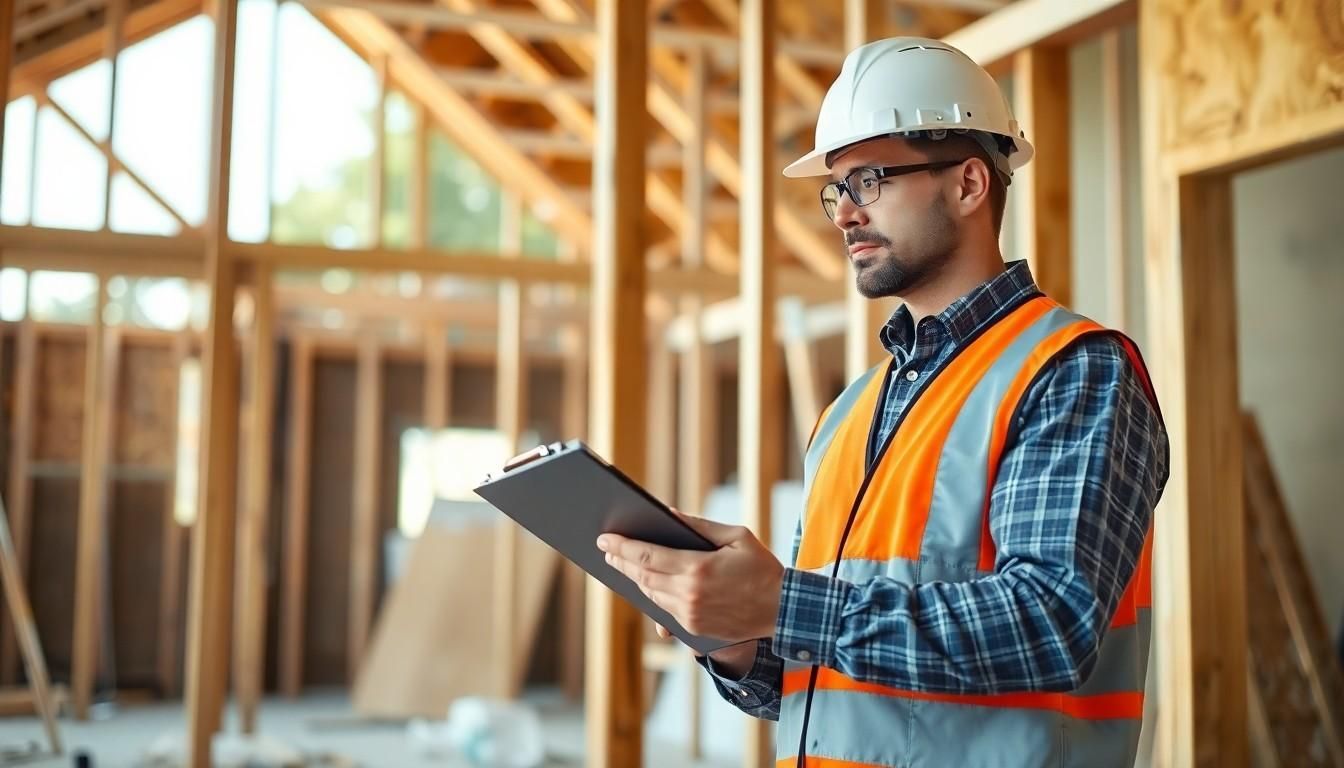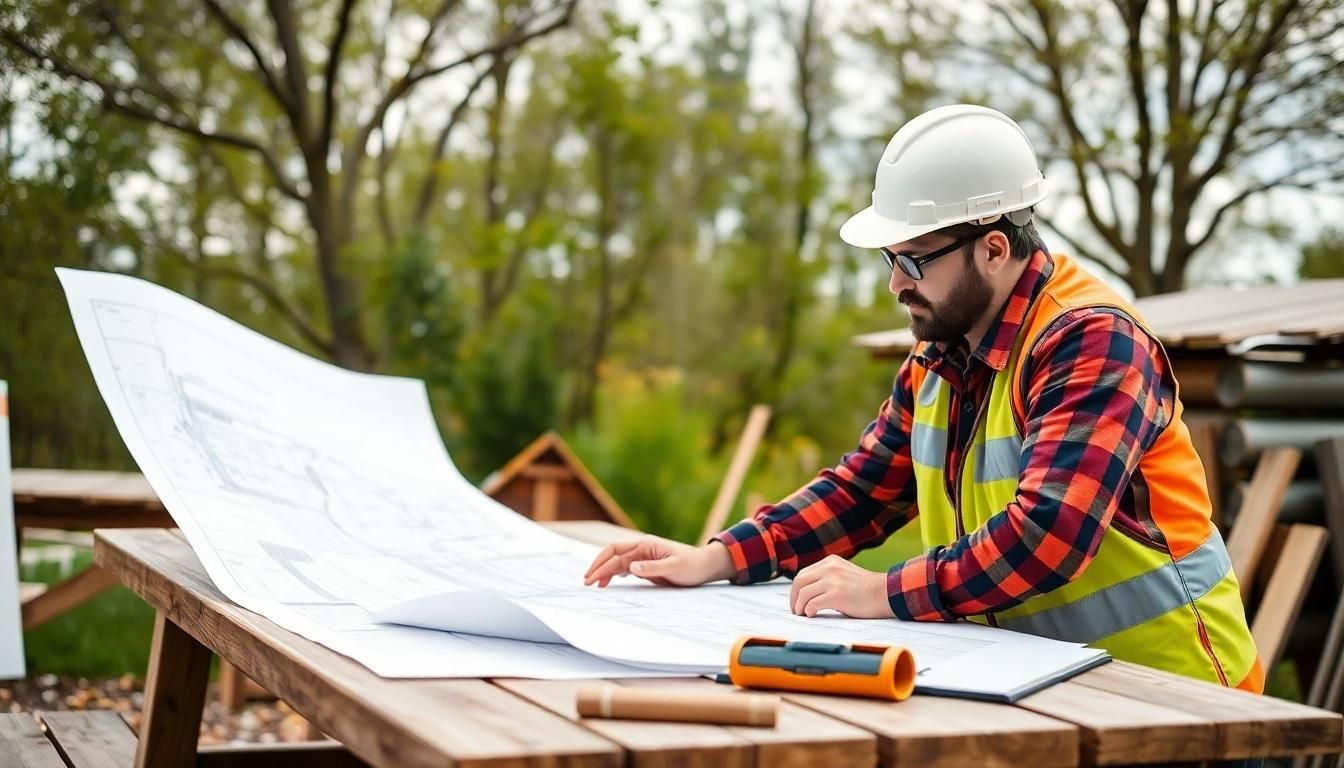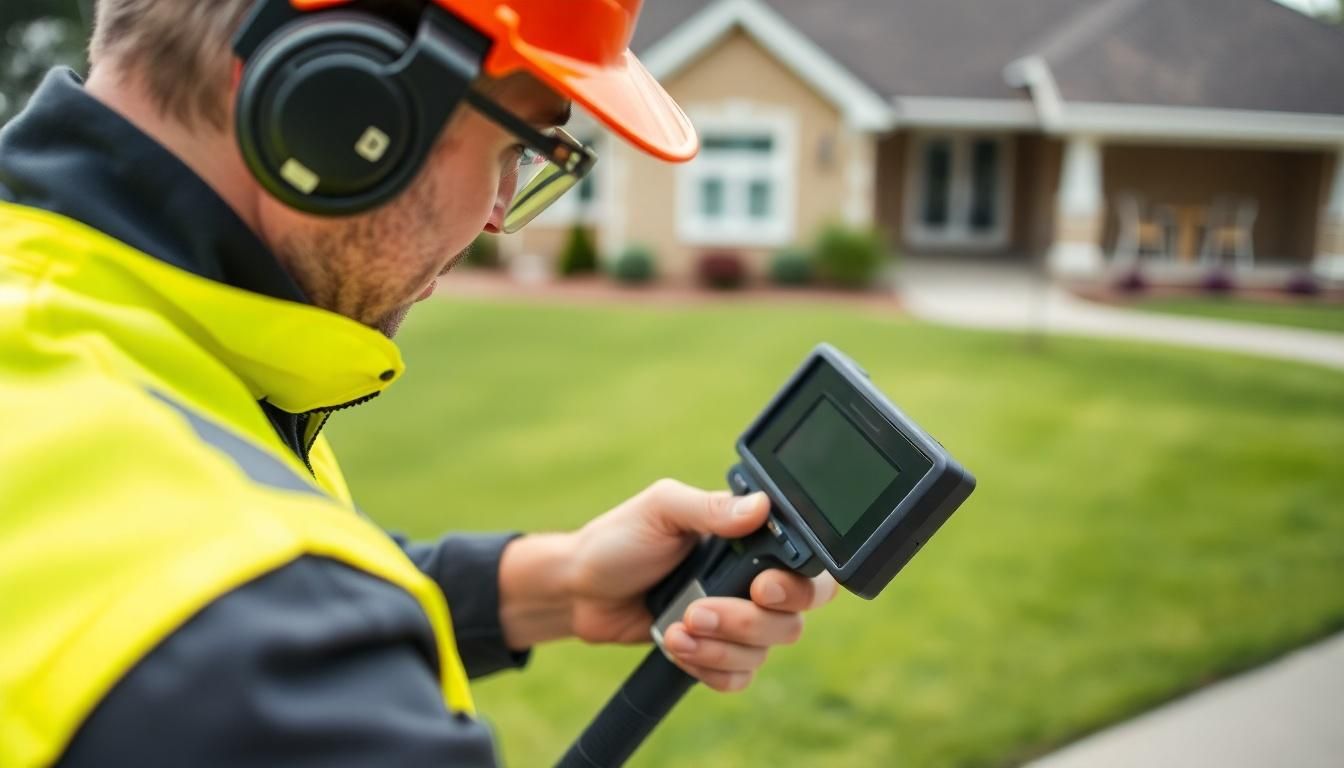Pre-Purchase Home Inspections: Your Buying Advantage
- Pre-purchase home inspections are essential to evaluate a property's condition and uncover hidden defects.
- Inspectors examine structural components, electrical systems, plumbing, and HVAC units.
- Inspections help inform negotiations, allowing buyers to request repairs or price adjustments.
- Common issues include structural damage, electrical hazards, plumbing leaks, and safety hazards like inadequate detectors or mold.
- Average costs range from a few hundred to over a thousand dollars, depending on property size and requirements.
Can you spot a potential money pit before you buy? Navigating the complexities of real estate requires more than intuition; it demands informed decision-making anchored by pre-purchase home inspections. These assessments act as both a magnifying glass and a safety net, unveiling potential issues that could cost thousands in repairs.
Understanding these inspections not only equips you with the power to negotiate better terms but also safeguards your investment. By identifying structural, electrical, and mechanical problems before signing, buyers gain a critical edge in the purchasing process.
Understanding Pre-Purchase Home Inspections
A pre-purchase home inspection is crucial for home buyers. It evaluates a property's condition before finalizing a purchase. By identifying issues that could lead to costly repairs, inspections help buyers make informed decisions. Inspectors examine areas like structural components, electrical systems, plumbing, and HVAC units. They uncover hidden defects and potential problems, ensuring that buyers aren't caught off-guard after closing.
This proactive step not only protects the buyer's investment but also brings peace of mind, knowing the property meets necessary standards.
Pre-purchase inspections also play a big role in negotiations. If an inspection finds major defects, buyers can renegotiate the purchase terms. They might ask for repairs, adjust the price, or even back out if the issues are severe. These findings give buyers leverage to ensure the property's true condition is considered in the deal.
Step-by-Step Guide to the Home Inspection Process

An organized home inspection process is key to evaluating potential property issues. This guide outlines essential steps for informed decision-making.
1. Finding a Property
Real estate brokers are essential for finding suitable properties. Their market knowledge helps match buyers with options that fit preferences and budgets. Brokers usually work on commission, typically paid by the seller, so buyers can access their services without direct costs. This teamwork streamlines property selection.
2. Choosing an Experienced Inspector
Picking an experienced home inspector is vital. Look for certifications from organizations like the American Society of Home Inspectors (ASHI) or the International Association of Certified Home Inspectors (InterNACHI). Such credentials confirm expertise in building standards. An experienced inspector offers a thorough evaluation, spotting visible and hidden defects.
3. Conducting the Inspection
Inspectors focus on visible, accessible property components during inspections. Key areas include structural integrity, electrical systems, plumbing, and HVAC units. This process reveals potential issues affecting safety and value.
4. Receiving the Inspection Report
Buyers usually get the inspection report within 48 hours. It includes detailed findings, photos, and recommendations for addressing issues. This report is crucial for negotiations, providing a clear view of the property's condition.
5. Signing the Promise to Purchase
Inspection results heavily influence the Promise to Purchase signing. Major issues found may lead to repair negotiations or price adjustments. Conversely, a satisfactory report can speed up signing, securing the buyer's commitment. This step ensures all parties understand the property's condition and sale terms.
Common Issues Found During Home Inspections
Structural issues are a top concern during inspections. Inspectors check foundations, support beams, and load-bearing walls for damage. For instance, Barry found a persistent leak under a shower that rotted a main beam, a serious missed issue. Such defects can destabilize property safety, leading to costly repairs. Early detection allows buyers to renegotiate terms or demand repairs, protecting their investment.
Mechanical and electrical problems often appear in reports. Inspectors check HVAC systems, plumbing, and electrical wiring for safety compliance. Faulty wiring and outdated panels pose fire risks, while plumbing leaks can cause water damage. Addressing these promptly prevents escalation and maintains home usability and efficiency.
Safety hazards found include:
- Inadequate smoke and carbon monoxide detectors
- Damaged handrails
- Faulty wiring
- Trip hazards
- Mold or asbestos
Fixing safety issues is critical for occupant well-being and market value. Unresolved hazards deter buyers and lower appeal. Addressing risks enhances safety and property attractiveness, protecting investment and ensuring comfort.
Cost and Financial Considerations of Home Inspections

Home inspection costs vary by property type and size. Larger or architecturally unique homes may incur higher fees due to complex assessments. Costs range from a few hundred to over a thousand dollars. Specialized inspections, like those for older homes needing checks for lead or asbestos, add to the cost. Despite upfront expenses, early repair identification can save in the long run.
Inspection findings are negotiation tools in home buying. Major issues, like a faulty HVAC system, allow buyers to request price reductions or completed repairs. A real-life instance is a $5,000 price cut to cover repairs. Providing repair estimates from the report supports price adjustment requests, ensuring the final deal reflects the property's true condition.
Final Words
The article explored the critical role pre-purchase home inspections play in safeguarding property investments. By verifying a property's condition prior to purchase, potential costly repairs can be avoided, and buyers gain leverage to renegotiate deals if significant defects arise. The step-by-step guide provided a clear path to navigating the inspection process, emphasizing the importance of choosing a qualified inspector and understanding the inspection report.
FAQ
What is involved in a pre-purchase home inspection?
A pre-purchase home inspection involves examining a property’s structural, electrical, plumbing, and HVAC systems to identify defects before purchase, allowing buyers to renegotiate terms or avoid costly repairs.
How much do pre-purchase home inspections typically cost?
Inspection costs vary based on property type and size, generally ranging from $300 to $500. Prices can differ by location and inspection detail complexity.
What does a pre-inspection for a buyer entail?
Pre-inspection entails evaluating a property's condition to identify potential issues and defects, facilitating informed purchasing decisions or renegotiations.
What are common issues that might fail a home inspection?
Common issues include structural damage, plumbing leaks, electrical hazards, roof damage, and HVAC system failures, impacting property safety and value.
What is the biggest red flag in a home inspection?
A significant red flag is structural damage, such as foundation cracks, which can indicate serious underlying issues requiring costly repairs.
